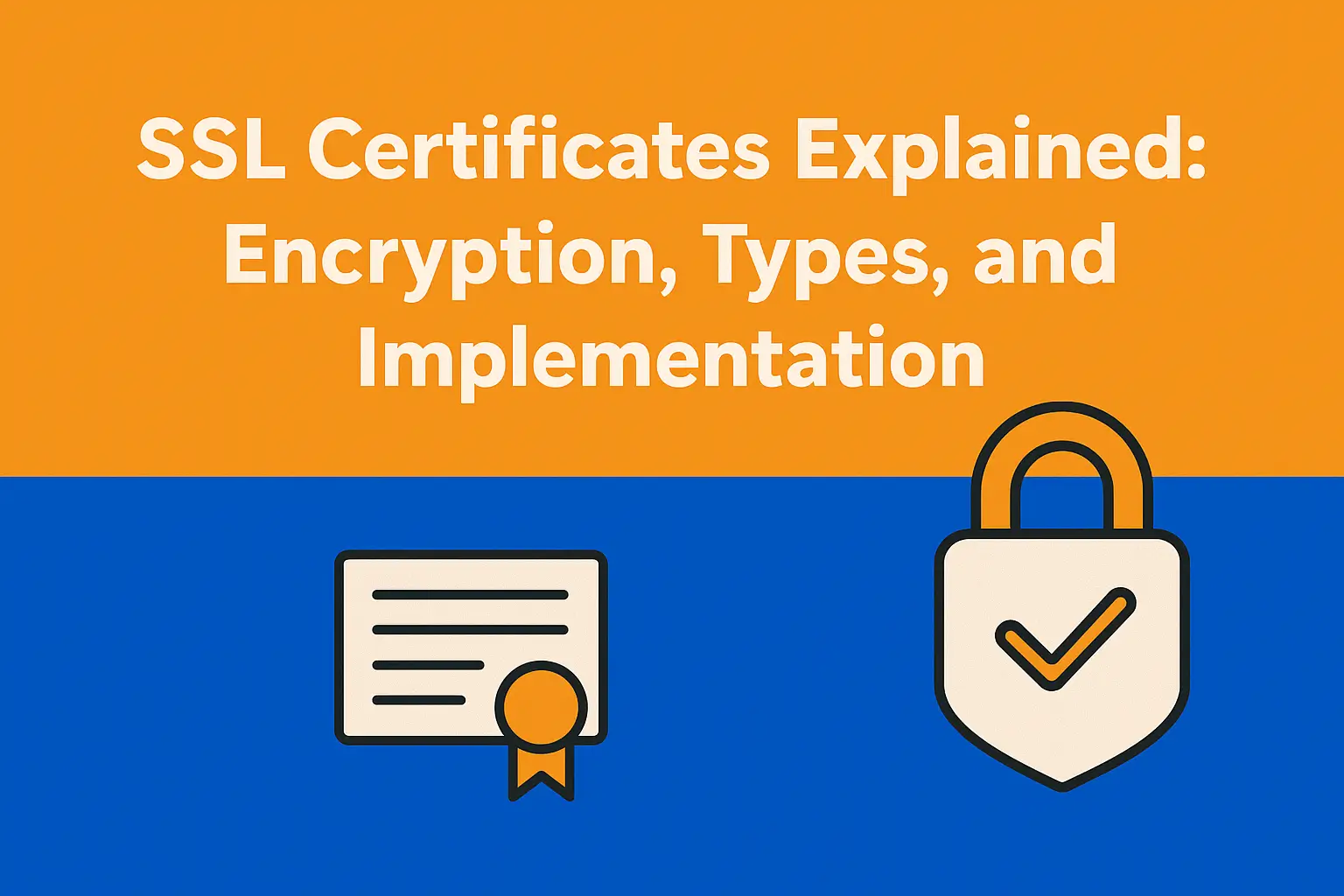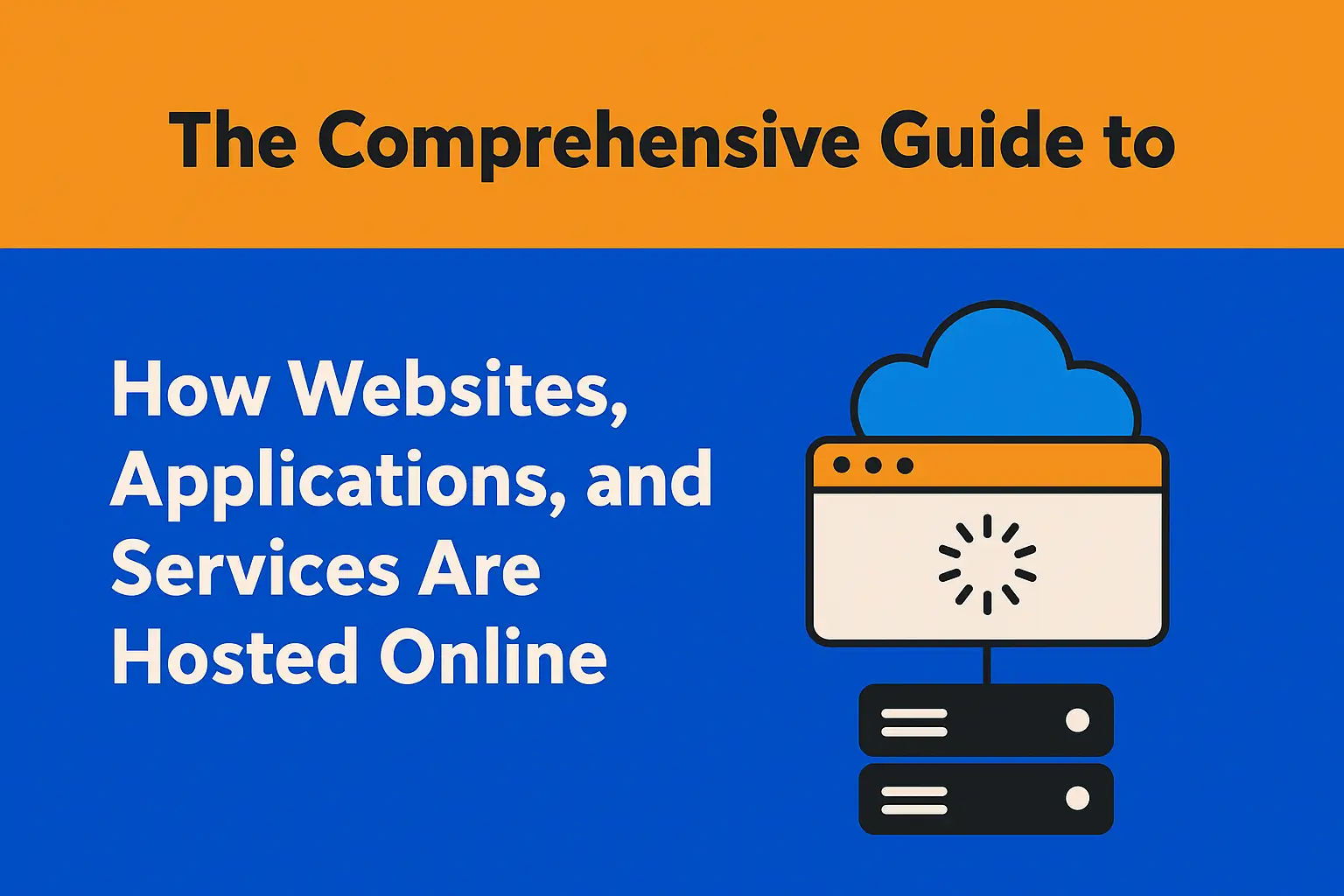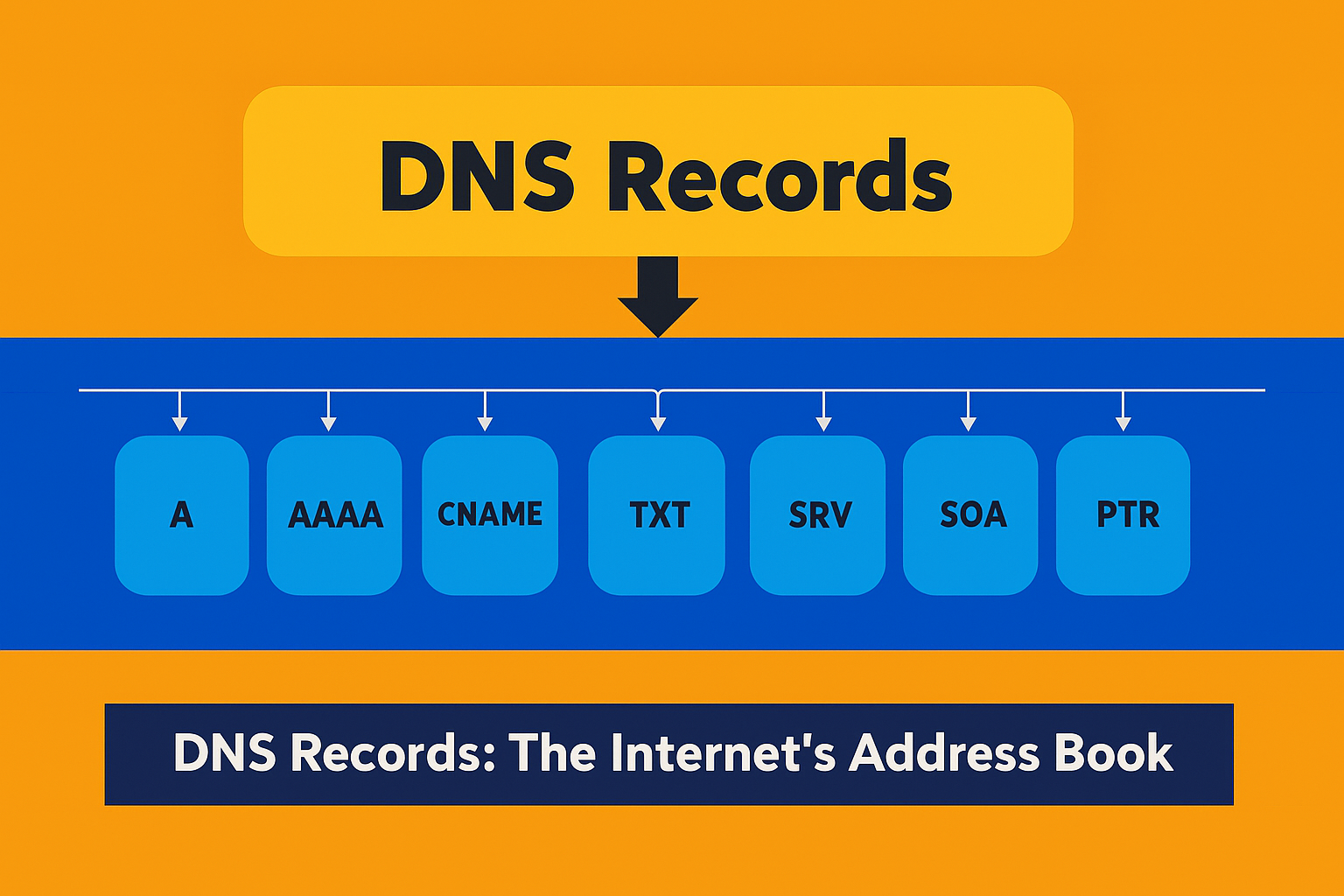
Introduction to Free Hosting
Free hosting refers to a type of web hosting service provided at no cost to the user. This service is particularly attractive for individuals, startups, or small businesses that are searching for cost-effective ways to establish their online presence without incurring significant expenses. Free hosting is typically offered by hosting providers who monetize their services through advertisements or by offering supplementary premium features to users.
In essence, free hosting works by allowing users to create a website and host it on servers owned by the hosting provider without any monetary transaction. Users can register for an account, choose a domain (often as a subdomain under the hosting provider’s domain), and utilize the allocated storage and bandwidth to build and maintain their website.
The primary benefits of free hosting are its cost-effectiveness and accessibility. For startups or small businesses operating with limited budgets, free hosting eliminates the barrier of entry, facilitating a foray into the digital landscape. It provides an excellent opportunity for experimentation and growth, enabling these entities to develop and refine their web presence before committing to paid services. Additionally, individuals looking to showcase their portfolios or personal projects can utilize free hosting as a starting point without financial obligations.
Despite its advantages, it is important to note that free hosting is not without limitations. These often include restricted bandwidth, limited storage, and the presence of ads on the hosted site, which could detract from the user experience. Moreover, free hosting services might offer fewer customization options and lower levels of technical support compared to paid services.
However, for those willing to navigate these constraints, the prospect of free hosting presents a valuable opportunity to unlock the potential of their website. Understanding how to leverage this service efficiently can be a game-changer for anyone looking to make their mark online without incurring upfront costs.
The Advantages of Free Hosting
Free hosting services offer several compelling advantages, making them an attractive option for various users. One of the most significant benefits is cost savings. As the name implies, free hosting allows individuals and organizations to host websites without incurring any expenses, which can be particularly advantageous for those operating on a limited budget. This makes it an accessible choice for hobbyists, students, and small businesses looking to establish an online presence without the financial commitment.
Another key advantage of free hosting is its ease of setup. These services often come with user-friendly interfaces and intuitive tools that simplify the website creation process. For beginners, this can be instrumental in overcoming the initial learning curve associated with web development. Free hosting platforms typically offer drag-and-drop builders, pre-designed templates, and automated installation scripts, allowing users to get their websites up and running quickly and without technical expertise.
The minimal risk associated with free hosting is another significant benefit. Since there is no financial investment required, users can experiment with different web development ideas, test new projects, and build portfolios without worrying about potential losses. This low-risk environment encourages innovation and learning, making it an ideal platform for aspiring web developers to hone their skills. Additionally, free hosting provides a practical solution for those who need a temporary website for events, campaigns, or short-term projects.
In conclusion, the advantages of free hosting—cost savings, ease of setup, and minimal risk—make it a viable option for a wide range of users. Whether testing projects, learning web development, or building a portfolio, free hosting services provide a valuable gateway into the world of website creation and management. By leveraging these benefits, individuals and small businesses can unlock the potential of their online presence without breaking the bank.
Key Features to Look For in Free Hosting Providers
When selecting a free hosting provider for your website, it is imperative to evaluate several key features to ensure optimal performance and reliability. One of the primary considerations is storage space. Different providers offer varying amounts of storage, which directly impacts how much content you can host without incurring additional costs. Assess your website’s requirements and choose a provider that meets or exceeds your needs.
Equally important is bandwidth. Bandwidth determines the amount of data that can be transferred between your site and its visitors. Limited bandwidth can result in slower load times and poor user experience, especially during traffic spikes. Therefore, selecting a provider that offers sufficient bandwidth to handle your expected traffic is critical.
Uptime reliability is another crucial factor. A high uptime percentage ensures that your website remains accessible to visitors consistently. Look for providers that guarantee a minimum uptime of 99.9%, minimizing potential downtime and disruptions to your online presence. Customer support plays a vital role, as effective and timely support can quickly resolve any technical issues that may arise. Opt for providers known for their responsive and knowledgeable customer service.
Moreover, some free hosting providers offer additional perks that can add significant value to their service. Free domain names and website builders simplify the process of establishing and managing your online presence. While not always included, these extras can save you time and money, especially if you are just starting.
In conclusion, choosing the right free hosting provider involves careful consideration of storage space, bandwidth, uptime reliability, customer support, and potential additional perks. Balancing these elements ensures that your website remains functional, accessible, and poised for growth.
Popular Free Hosting Providers
Several free hosting providers have garnered popularity due to their robust features and reliable services, offering a range of hosting solutions without any cost. Understanding what sets each provider apart can assist in making an informed decision. Below is a list of some of the most reputable and widely-used free hosting providers available today.
1. InfinityFree: InfinityFree has become a preferred choice for those seeking free hosting, known for its unlimited disk space and bandwidth. User reviews praise its no-ads policy and the inclusion of a free subdomain. Moreover, the platform supports MySQL databases and offers Softaculous script installer, aiding in the easy installation of various applications.
2. 000webhost: Affiliated with Hostinger, 000webhost is recognized for its reliable performance and user-friendly interface. It provides 1GB of storage, 10GB bandwidth, and the ability to host two websites. Reviews highlight its website builder and WordPress auto-installer as standout features. Its secure servers and active online community offer additional support to its users.
3. ByetHost: ByetHost offers comprehensive free hosting with its unique selling point being the inclusion of free technical support. The platform provides 5GB of storage and unmetered bandwidth. Its advanced control panel, compatibility with various scripting languages, and daily backups are features that users have found beneficial.
4. AwardSpace: AwardSpace combines free hosting with a straightforward approach to website management. It offers 1GB of disk space, 5GB bandwidth, and supports one free domain with the inclusion of email hosting. Users appreciate its simple setup process and 24/7 customer support, making it accessible even to beginners.
5. Freehostia: Known for its clustered hosting technology, Freehostia provides a stable and secure environment. The free plan includes 250MB of storage and 6GB bandwidth, along with the availability of a free domain. Its Chocolate plan offers PHP and MySQL database support, and users commend the platform for its load-balanced server architecture, which enhances website performance.
Each of these providers brings unique advantages, and carefully evaluating their specific offerings can ensure a match with any website’s needs while maintaining cost-efficiency.
How to Set Up Your Free Hosting Account
Getting started with a free hosting provider can be a seamless experience, even for beginners. Follow these step-by-step instructions to set up your free hosting account and publish your website with ease.
First, you need to choose a free hosting provider that suits your needs. Popular options include InfinityFree, 000WebHost, and FreeHosting. Visit the chosen provider’s website and look for the “Sign Up” or “Get Started” button. Click on it to initiate the registration process.
Next, you will need to create an account. Most hosting providers will require you to input basic information such as your name, email address, and password. Some may also ask for additional details like your phone number for account verification purposes. After filling in the required fields, proceed by clicking the “Sign Up” or “Register” button.
Once your account is set up, you will be prompted to select a domain name. You can either register a new domain through the hosting provider or use an existing domain if you already have one. If you opt to register a new domain, ensure it is relevant to your website’s content and easy to remember. Follow the provider’s instructions to complete the domain registration process.
With your domain set up, the next step is to configure your website. Most free hosting services offer a user-friendly control panel, often referred to as cPanel. Log in to your cPanel, where you will find various tools to manage your website. Look for “Website Builder” or a similar tool, which will guide you through designing your website’s layout, adding pages, and customizing your site’s aesthetics.
After designing your website and adding the necessary content, you are ready to publish. Navigate to the “Publish” option within the website builder or cPanel. Clicking this will make your website live on the internet. Be sure to review your website for any errors or necessary adjustments before making it public.
By following these steps, you can efficiently set up and launch your website using free hosting services. This process allows even novice users to create a professional-looking website without any costs involved.
Optimizing Your Website on Free Hosting
Optimizing a website on a free hosting service necessitates careful planning and strategic implementation to ensure efficient performance and visibility. One of the first steps in this process involves managing your resources effectively. Free hosting services often come with limitations, such as restricted bandwidth and storage. To make the most of these constraints, it is essential to compress images, minify CSS and JavaScript files, and leverage browser caching to reduce load times. Additionally, consider using a Content Delivery Network (CDN) to distribute your content globally, which can help in speeding up access times for users across different regions.
Choosing lightweight themes and plugins is another crucial aspect of optimizing your website. Heavy themes and plugins can significantly slow down your website’s performance, making it less responsive and driving away potential visitors. Opt for minimalist designs that are not only visually pleasing but also functionally efficient. Similarly, limit the number of plugins you install and activate only those that are indispensable. Regularly update your themes and plugins to their latest versions to ensure that they are optimized for performance and security.
Implementing basic SEO techniques is vital to increase your website’s visibility while hosted on a free service. Begin by conducting keyword research to identify the terms your potential audience is searching for. Incorporate these keywords naturally into your content, title tags, meta descriptions, and alt texts. Create high-quality, engaging content that not only attracts visitors but also encourages them to spend more time on your site. Internal linking between relevant pages can enhance user navigation and improve indexing by search engines.
Monitoring your website’s performance is essential to identify areas for improvement. Utilize tools like Google Analytics to track visitor behavior and performance metrics. Regularly review these insights to understand how well your optimization strategies are working and to make necessary adjustments. Adhering to these best practices can significantly enhance the performance and visibility of your website even on a free hosting service.
Common Challenges and Limitations of Free Hosting
While free hosting offers an accessible entry point for businesses and individuals looking to establish an online presence, it is crucial to recognize its inherent challenges and limitations. One of the primary constraints is the restricted amount of storage space. Free hosting providers typically offer limited storage, which can impede the growth potential of your website. As your website expands, you may encounter difficulties uploading more content, images, and videos without surpassing the allocated storage capacity.
Similarly, bandwidth limitations are a frequent issue with free hosting services. Bandwidth refers to the amount of data transfer between your website and its visitors. When your site exceeds this limit, users may experience slow loading times, or worse, your site could become temporarily unavailable. This not only degrades user experience but also negatively impacts your site’s functionality and can deter potential visitors from returning.
Another significant factor is the presence of advertisements on your website. Many free hosting providers monetize their services by displaying ads on hosted websites. These ads can be intrusive and unaligned with your site’s content, potentially driving your audience away and making your site appear less professional. This lack of control over ad content compromises your brand image and user trust.
Customization options are also typically more restricted with free hosting. The limitations can range from fewer design templates to constraints on coding capabilities. This lack of flexibility can stifle your creative vision and hinder your ability to fully tailor the site to meet your specific needs and those of your audience.
To mitigate these challenges, consider periodically reviewing your website’s storage and bandwidth usage to ensure you stay within limits. Exploring strategies to optimize content size can also alleviate some storage issues. When it comes to advertisements, if feasible, invest in a low-cost paid plan that either limits or eliminates ads. Lastly, for enhanced customization, look for free hosting providers that offer more robust tools and features, and weigh transitioning to a premium option as your website grows.
Conclusion: Is Free Hosting Right for You?
As we have explored throughout this blog post, free hosting can offer a practical solution for individuals and small businesses looking to establish an online presence without incurring significant costs. The advantages, such as zero financial outlay, simple setup processes, and satisfactory performance for basic websites, make free hosting an appealing option for beginners, hobbyists, and those testing new online ventures.
However, it is essential to recognize the limitations that come with free hosting plans. Restricted bandwidth, storage limitations, lack of dedicated customer support, and the potential for ads on your site are considerable drawbacks. These constraints may impact the scalability and professionalism of your website, making it unsuitable for growing businesses or websites requiring advanced functionalities and higher performance standards.
When determining if free hosting is right for you, consider your specific needs and future goals. If you are launching a personal blog, educational project, or a small informational site with low traffic expectations, free hosting could be a suitable and cost-effective starting point. On the other hand, if your objectives include e-commerce, high traffic volumes, or advanced customization, investing in a reliable paid hosting service might serve you better in the long run.
For those intrigued by the prospect of free hosting, it is advisable to explore and compare various providers. Evaluate factors such as the quality of uptime, the extent of customer support, and the overall user experience. Doing so will enable you to make an informed decision and maximize the potential of your online venture. Be mindful that while free hosting solutions can provide an excellent launchpad, transitioning to a paid service might eventually become necessary as your needs evolve and expand.
Ultimately, the decision lies in balancing the benefits against the limitations and aligning them with your website’s specific requirements and aspirations.





0 Comments